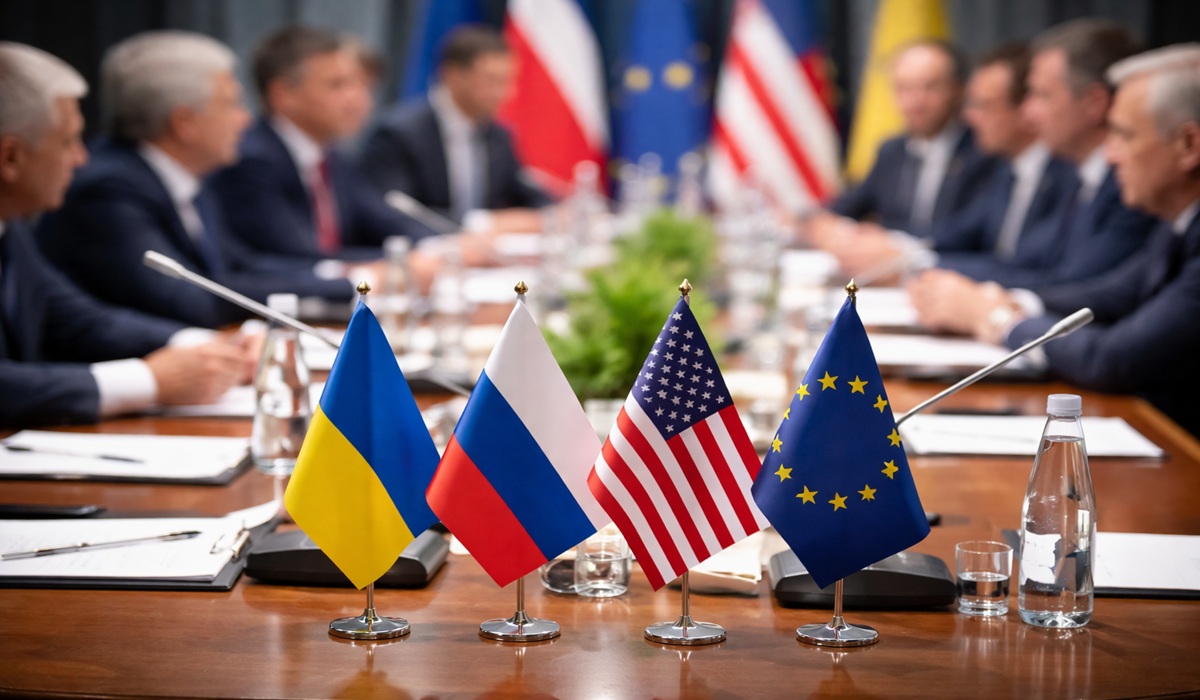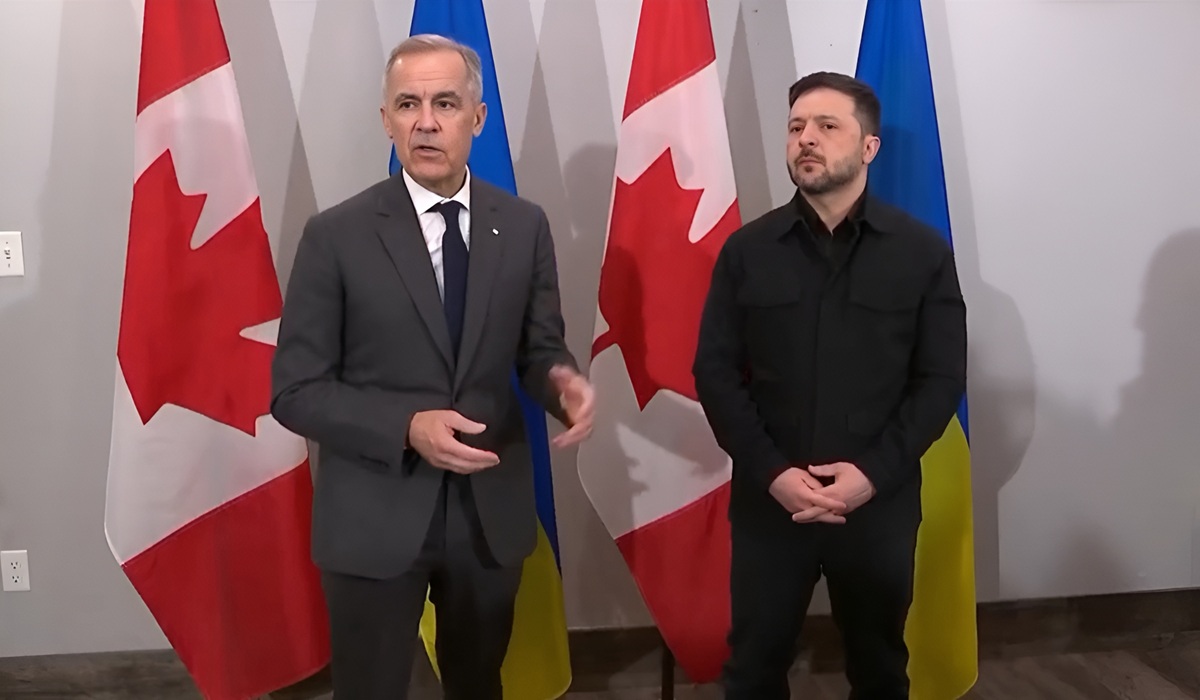Meta’s Shift and the Vanishing Line Between Technology and Intimacy
By: Donovan Martin Sr, Editor in Chief
On December 16, 2025, Meta’s new privacy policy quietly takes effect, and with it comes a seismic shift in what the company openly claims it may use to “improve” its services. The headline many users missed is that Meta will now feed your interactions with its AI systems back into its advertising engine. At face value, that may sound like a small tweak; after all, social media companies have been using behavioural data for years. But what makes this different, and why so many digital-rights advocates are sounding alarms, is the realization that this is not just about what you click or like or scroll past. This is about the raw, unfiltered intimacy of the conversations you have with the AI itself. Every question you’ve asked, every fear you’ve shared, every late-night search for advice or comfort or clarity—now officially part of Meta’s ad-personalization universe.
This is where the conversation becomes uncomfortable. Once a company asserts that your direct conversations with an AI can be mined, analysed and monetized, how far away are we from the day when it starts quietly expanding what counts as an “AI interaction”? Is it naïve to believe the boundary stops at the chat window? Or is it more realistic to assume the walls have already been absorbing much more than what anyone openly acknowledges? It is this ambiguity—this quiet, ambiguous grey zone—that feels more frightening than any explicit policy. Because if we’re honest, most people suspect that the moment any large tech company opens a door into your private life, no matter how narrow, the hallway beyond it has already been explored.
The truth is, it’s difficult to believe Meta hasn’t already harvested vast amounts of data far beyond what they now admit. Not because of conspiracy theories or paranoia, but because of their own historical behaviour. Meta, once Facebook, has always thrived on the collection, exploitation and monetization of personal information. Mark Zuckerberg was never a champion of restraint. The company began with a project that judged the attractiveness of college classmates using their photos—photos he was never given explicit permission to use—scraped from student directories and residence halls. It set the tone early: if data can be gathered, Facebook will gather it. If privacy can be bent, Facebook will bend it. And if there is an opportunity to turn human behaviour into profit, Facebook—now Meta—will seize it and apologise later, if at all.
The Cambridge Analytica scandal was not an anomaly; it was a symptom of a culture that saw user privacy as a secondary consideration to scale, influence and monetization. Cambridge Analytica didn’t magically obtain the profiles of tens of millions of people. They were handed to them through Facebook’s own permissive systems, which allowed app developers to hoover up not only your data but your friends’ data as well, without informed consent. The scandal revealed not just a breach but a worldview—a worldview in which surveillance was simply a business model by another name.
From there the examples multiply. The company was caught collecting call logs and text metadata from Android users for years. It tracked people across the web even after they logged out. It shadow-profiled individuals who had never even signed up for the platform, using the uploaded address books and contact lists of others. Every time Meta insisted it intended no harm. Every time the public was told it was a misunderstanding. Every time the story was the same: the company had access to far more personal information than anyone thought, and it used that access until someone forced it to stop.
Then there’s WhatsApp, the jewel in Meta’s acquisition crown. Most people still believe WhatsApp is a privacy-first messaging app, purchased because it was wildly popular. But the real story is more complicated. Before Meta bought it, Facebook deployed a so-called VPN app called Onavo, which was marketed as a privacy tool. In reality, it was spyware that monitored virtually everything users did on their phones, including which apps they installed, how often they used them, and how quickly they were growing. Onavo revealed that WhatsApp was becoming a global communications giant. That information—obtained through surveillance, not innovation—pushed Meta to acquire WhatsApp before it became an existential threat.
And under Meta’s ownership, WhatsApp’s reputation for privacy became more mythology than reality. Multiple investigative reports revealed that WhatsApp metadata—location, frequency, contacts, timestamps—was regularly shared with governments around the world. In conflict zones, such data allegedly aided in tracking individuals with alarming precision. While messages themselves remained encrypted, the surrounding metadata was a treasure map. Encryption protected the content, but the metadata exposed the person.
Now, with the December 16 policy shift, there is a new frontier. It hinges not on metadata but on meaning—your words, your thoughts, your questions. AI interactions are far more revealing than likes or shares. People speak to AI with an honesty they rarely show on social media. They ask for emotional help. They express fears. They search for things they’re too embarrassed to type into a public browser. The intimacy shared with AI is the last remaining corner of digital privacy most people still assumed they possessed. And suddenly Meta is telling the world that this last corner is now part of their ecosystem.
Their defence is simple: if you don’t like it, leave. It’s their platform. Their rules. Their code. Their infrastructure. But that argument ignores the reality that Meta has engineered itself into the foundation of global communication. Billions rely on WhatsApp for family contact. Millions rely on Facebook Marketplace for income. Countless small businesses rely on Instagram to survive. Telling people they can “just leave” is like telling them to stop using electricity because the power company raised its rates. It’s not a choice. It’s dependence disguised as freedom.
And now the question becomes: if Meta feels comfortable mining AI chat conversations for advertising, what prevents them from quietly expanding that mining to voice notes, private messages, photos, documents or anything else stored on their servers? Legally there are supposed to be limits, but the lines between data, metadata and content have blurred so dramatically that enforcement often becomes symbolic. If an AI system can “infer” your state of mind from a photo, is that considered reading your photo? If it can detect themes in your private messages without “accessing” the messages, has privacy been violated? Meta’s lawyers would argue no. But the practical effect feels indistinguishable from yes.
The dangerous part is how easily this can slide into areas far beyond advertising. If an AI detects suicidal ideation, does Meta intervene? Do they notify authorities? If an AI detects someone expressing violent intentions, does Meta monitor them? Does it pass their data to law enforcement? Does it build shadow profiles that flag “risk categories”? And who decides what constitutes a threat? AI makes mistakes. Algorithms misinterpret sarcasm, humour, regional slang, cultural differences. What happens when AI misreads a joke as a threat? What happens when a frustrated parent venting privately becomes an algorithmic red flag?
Ethically, Zuckerberg has never demonstrated caution. His record suggests he views data as a resource waiting to be exploited, not a responsibility requiring restraint. This is the same company that once manipulated users’ news feeds to study emotional contagion without informing them. The same company that repeatedly embedded code into websites across the internet to track users even off-platform. Expecting Meta to act with nuance, empathy or moral responsibility may be unrealistic.
The truth is the lines are already eroded. We no longer live in a world where privacy exists in absolutes. Technology dissolved those walls a long time ago. But there was still one quiet space—your unfiltered conversation with an AI that feels more like a journal than a tool. When that space becomes another data source, another revenue stream, another behavioural model, something fundamental changes. We enter a world where the last refuge of digital intimacy becomes corporate property. A world where the walls whisper back. A world where silence is mined. A world where your inner thoughts are no longer inner.
Welcome to your brave new world. And Meta owns most of it.









